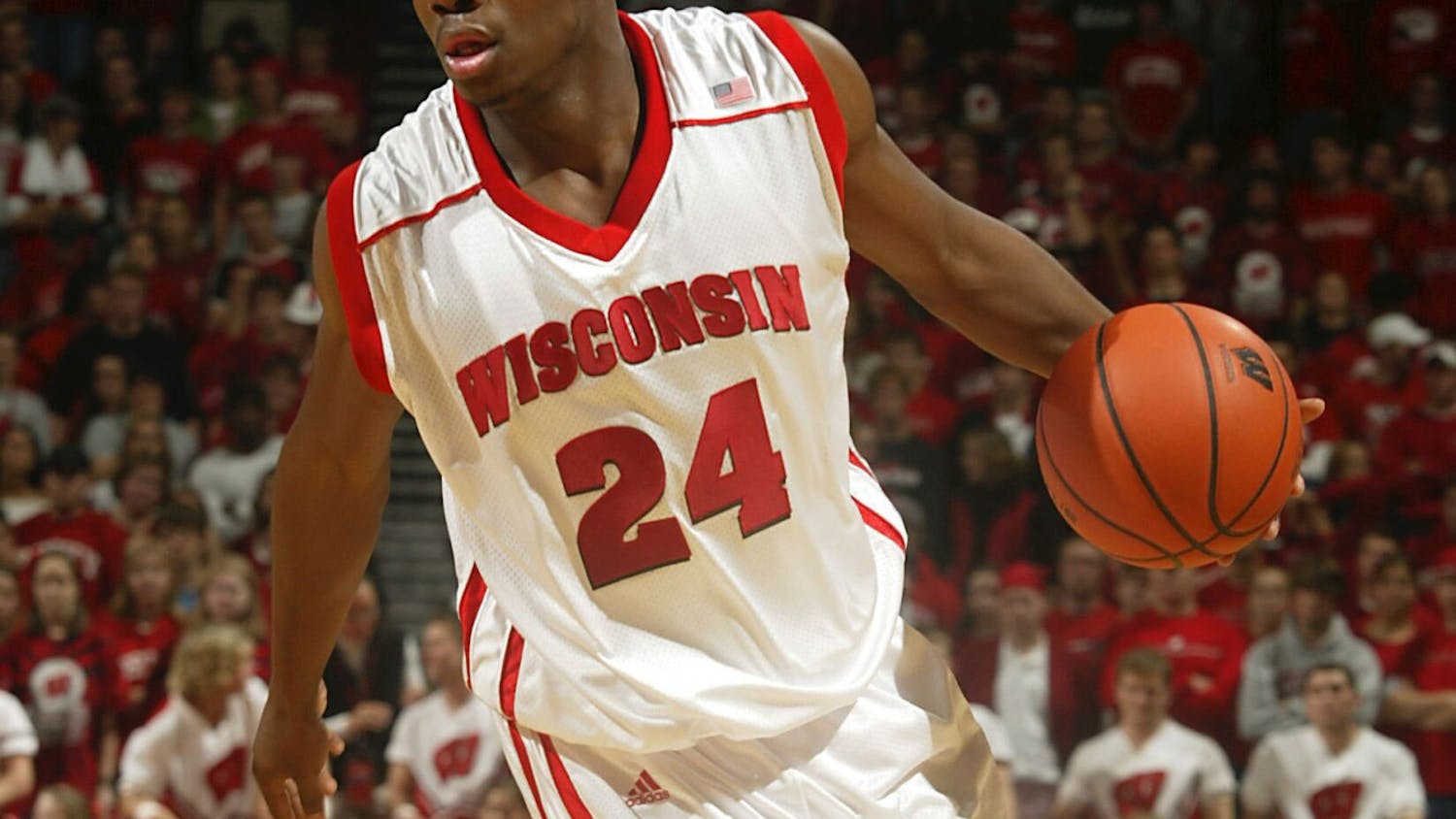Despite frequent accusations that John Kerry is a politically inconsistent presidential candidate, there is at least one issue on which he has clearly defined his stance: the future of embryonic stem cell research.
Kerry and his running mate John Edwards say they plan to reverse the Bush administration's stem cell policies.
\Bush restricts funding for all but a very small number of stem cell lines,"" said Kerry spokesperson George Twigg. ""John Kerry and John Edwards believe that federal funding should be available for new stem lines as well as the existing ones that are currently authorized.""
The Bush administration, on the other hand, placed a ban on all experimentation with embryos destroyed since June 2001, likening it to the destruction of human life.
In an ""Ask President Bush"" event Monday in New Hampshire, Bush said he has allowed federal funding to go forward on existing stem cell lines, and still supports adult stem cell research, which does not destroy human life.
He said the country will be confronted with ethical issues such as stem cells in the next decades as technology advances, and as president he had to develop a philosophy and make decisions.
""And I think my decision was balanced and fair, and it balanced good science with good ethics,"" he said.
Both parties advocate a fairly extreme stance on the issue-Bush claims morals; Kerry hails stem cells as a virtual panacea. Stem cell research is still 10 to 20 years away from creating any medical products, according to a report in the Stevens Point Journal. The first clinical trials of stem cells in humans, however, may occur as soon as 2006.
""The controversial stem cells, the embryonic stem cells, we're right at the stage where probably in a year or two we can begin testing those in humans. ... There is unpublished research in animals now, in monkeys, which suggests that stem cells would be quite useful,"" said Steven Clark, associate professor in the UW-Madison School of Veterinary Medicine. ""If that continues to be interesting, then there will be a strong incentive to repeat that in humans.""
Stem cell research joins a host of other moralistic platforms of the presidential candidates. However, stem cell research has garnered significantly less publicity in the campaigns, and will most likely not serve as a critical election factor.
With regards to the university, UW-Madison political science Professor Virginia Sapiro said she believes it will only be a determinant for those directly involved in ethics, the health sciences or political science. ""How many people out there really understand what a stem cell is or what the issue is?"" she said. ""I think there are some fields in which students would understand a lot about the stem cell issues, but I think if you did a poll you would find that most students don't know what stem cells are.""
Despite the implications for his own field of research, Clark agrees. ""[Stem cells] have become an issue in the elections, but I'm not sure it will be an issue that convinces people to vote for one candidate or another,"" he said.





